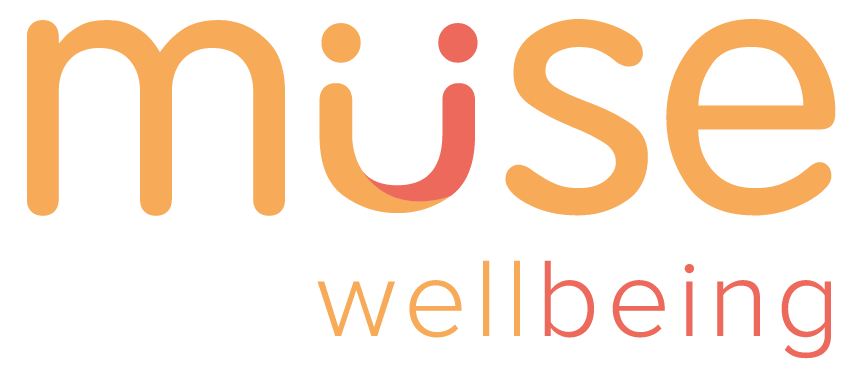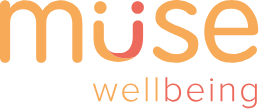
Support and Information for Parents, Families and Carers
Welcome to Muse Wellbeing. This section of our website helps parents, families and carers understand how PSHE and RSHE are taught. Muse Wellbeing builds your child’s confidence and wellbeing through thoughtful, age-appropriate lessons for every stage of primary school.
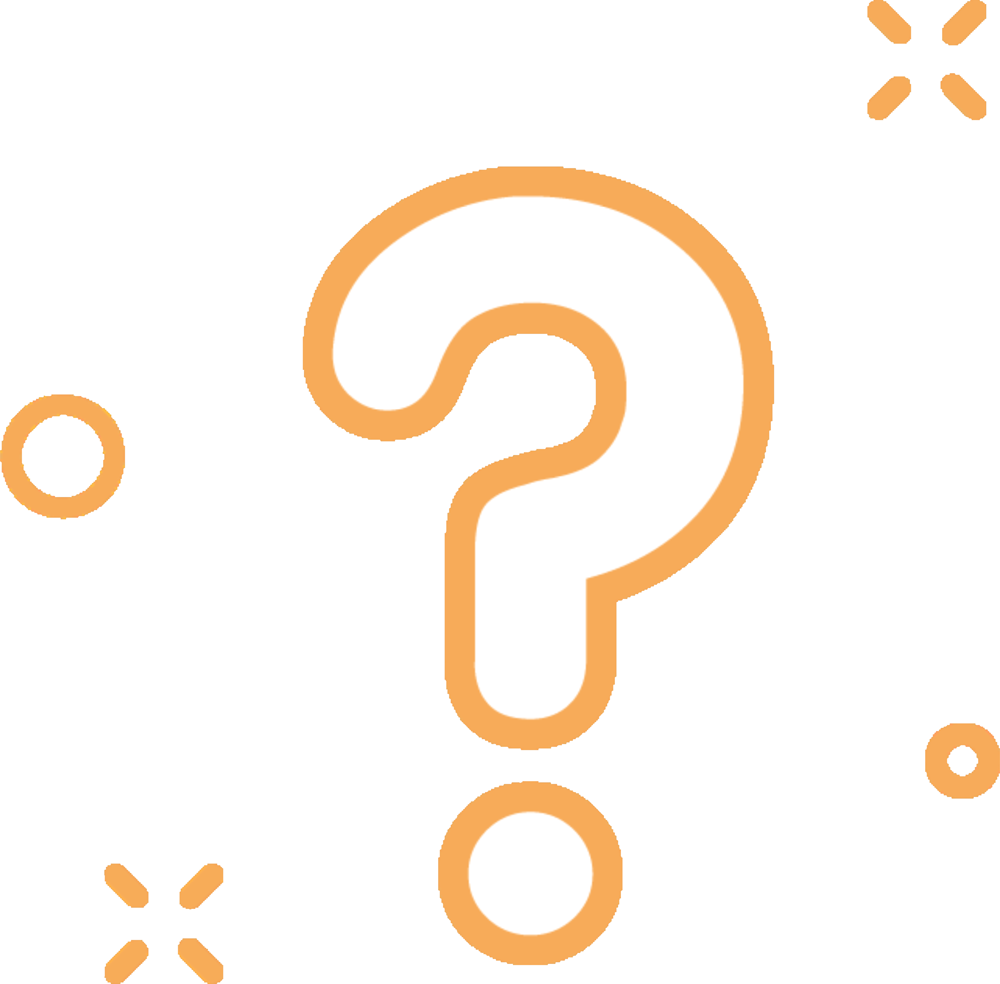
What is PSHE and RSHE Education?
PSHE stands for Personal, Social, Health and Economic Education. RSHE means Relationships, Sex and Health Education. These subjects help children stay safe, understand emotions, learn about healthy relationships and build life skills. Muse Wellbeing is a complete curriculum for Primary schools exploring these topics in full.

Key Documents for Parents and Carers
Below you’ll find key documents that explain how Muse Wellbeing supports your child’s PSHE and RSHE education. These downloadable PDFs include an introduction to Muse Wellbeing for families and an overview on how we approach the teaching and learning of Puberty, Our Bodies and Consent.
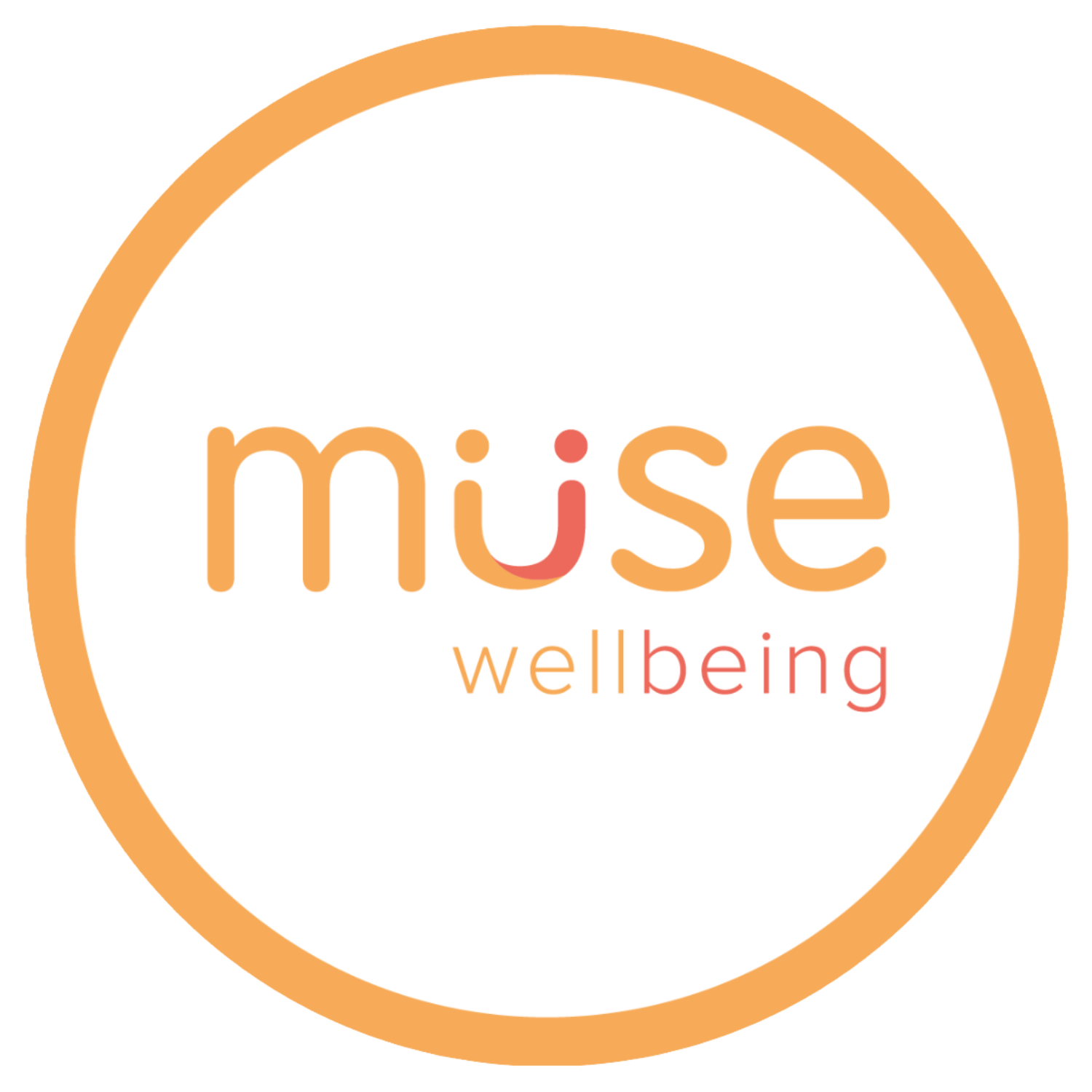
The Muse Wellbeing Curriculum
Muse Wellbeing began development in 2019 to meet the growing need for a modern PSHE and RSHE curriculum that reflects today’s challenges. With greater focus on mental health, emotional literacy, relationships and an updated approach to Digital Citizenship, our complete wellbeing programme supports schools in teaching life skills, healthy relationships, safety and personal growth through clear, age-appropriate lessons for every stage of primary school.
Our approach to PSHE and RSHE focuses on kindness, confidence, safety and emotional wellbeing, using clear and age-appropriate lessons for every stage of primary education.
One.
Mental & Physical
Health
Two.
Positive & Respectful Relationships
Three.
Global Citizenship & Community Care
Four.
Personal Growth
& Economic
Wellbeing
Five.
Digital
Citizenship &
Online Safety
Muse Wellbeing is built around five core values that help children grow into healthy and confident young people. Our curriculum supports mental and physical health, positive and respectful relationships, global citizenship and community care, personal growth and economic wellbeing, and digital citizenship with online safety across every stage of primary school.
Muse Wellbeing is fully aligned with the 2025 RSHE government guidance. It helps schools deliver all statutory content clearly and with care. We believe in the value of our pupils, the strength of school communities and the role of families and carers in every child’s wellbeing.
Explore How Muse Wellbeing Helps Children Thrive
Frequently Asked Questions for Parents and Carers
What is RSHE and why is it taught in primary school?
RSHE stands for Relationships, Sex and Health Education. In primary schools, Relationships and Health Education are statutory and form a key part of the national curriculum. The aim is to help children build strong foundations for emotional wellbeing, healthy friendships, good communication skills and personal safety.
Sex Education is not compulsory in primary school. However, we do teach statutory Health Education content that helps children understand how their bodies grow and change. This provides the building blocks for later Sex Education at secondary school.
Is PSHE or RSHE the same as sex education?
No. PSHE (Personal, Social, Health and Economic education) and RSHE (Relationships, Sex and Health Education) cover a wide range of important topics beyond sex education. Most lessons focus on relationships, emotions, staying healthy, keeping safe and developing good communication and decision-making skills.
In primary schools, Sex Education refers only to a small number of non-statutory lessons, usually in Year 6, which may include learning about human reproduction. These are optional, and parents can choose to withdraw their child. Everything else in RSHE (including Relationships and Health Education) is statutory and must be taught in all primary schools.
What exactly does my child learn in these lessons and the Muse Wellbeing curriculum?
Your child will explore a wide range of topics designed to help them grow into kind, confident and healthy individuals. The curriculum puts a strong focus on whole-child wellbeing, encouraging children to reflect on their emotions, habits and choices. Lessons help them understand themselves better, build emotional resilience and make positive decisions for their health and happiness. Lessons include:
- Friendships, conflict resolution and emotional literacy
- Healthy habits, hygiene and puberty
- Staying safe online and offline
- Understanding families, relationships and personal boundaries
- Recognising feelings and asking for help
The Muse Wellbeing curriculum is built around five core values, helping children to:
- Support their mental and physical health
- Build positive and respectful relationships
- Show global citizenship and community care
- Develop personal growth and economic wellbeing
- Practise digital citizenship and online safety
All content is age-appropriate, clearly structured and aligned with the 2025 RSHE guidance, which encourages schools to promote wellbeing, resilience and respect. Muse Wellbeing helps children develop the knowledge and confidence they need for a future of growth and positivity.
When will my child start learning about puberty?
The idea of physical change is first introduced in Key Stage 1, where children learn that babies, children and adults grow and look different at each stage of life. This gentle approach helps lay the foundation for later learning about puberty.
The concept of puberty itself is first mentioned in term 1 of Year 4, then explored in more detail in Years 5 and 6. Children learn about the physical and emotional changes that may happen as they grow, including hygiene, body awareness and emotional wellbeing. These lessons are part of statutory Health Education and are taught in a calm, respectful and age-appropriate way, using clear scientific vocabulary and open, reassuring discussion.
Can I see what my child will be taught?
Yes. All RSHE and PSHE lessons should be open and transparent. Schools are encouraged to share curriculum overviews as well as arranging meetings with parents and carers to view lesson content in more detail when requested.
Muse Wellbeing is a full PSHE curriculum that includes statutory Relationships and Health Education alongside wider personal development topics. We provide clear lesson titles and learning outcomes so parents know what is being taught and when. We believe in working closely with families to ensure children feel supported both at school and at home.
Can I take my child out of certain lessons?
In primary schools, most RSHE lessons are statutory, meaning they must be taught by law and cannot be opted out of. This includes all Relationships Education, Health Education, and relevant science content linked to human development. These lessons are part of the wider PSHE curriculum, which supports children’s wellbeing, safety and personal development.
Muse Wellbeing
Subscribe for RSHE & Wellbeing Updates & Learning Resources
Receive essential information on RSHE and wellbeing for your school and community
Thank you!
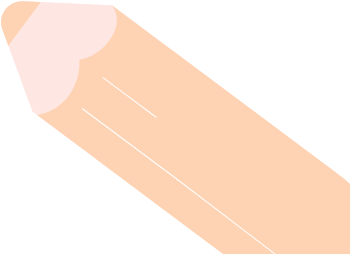
Copyright © 2026 Muse | All Rights Reserved.
Would you like to logout of Muse Wellbeing?
